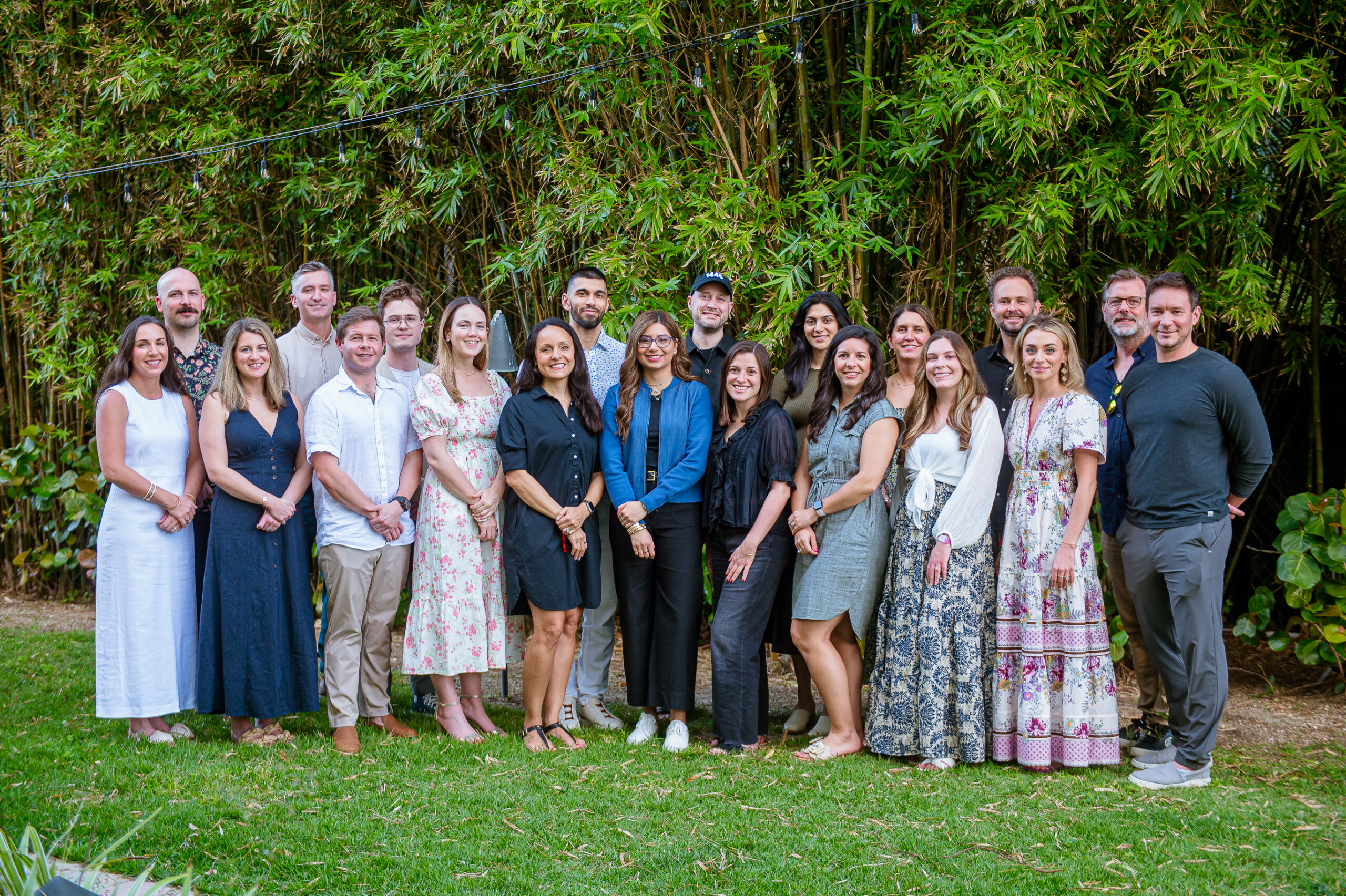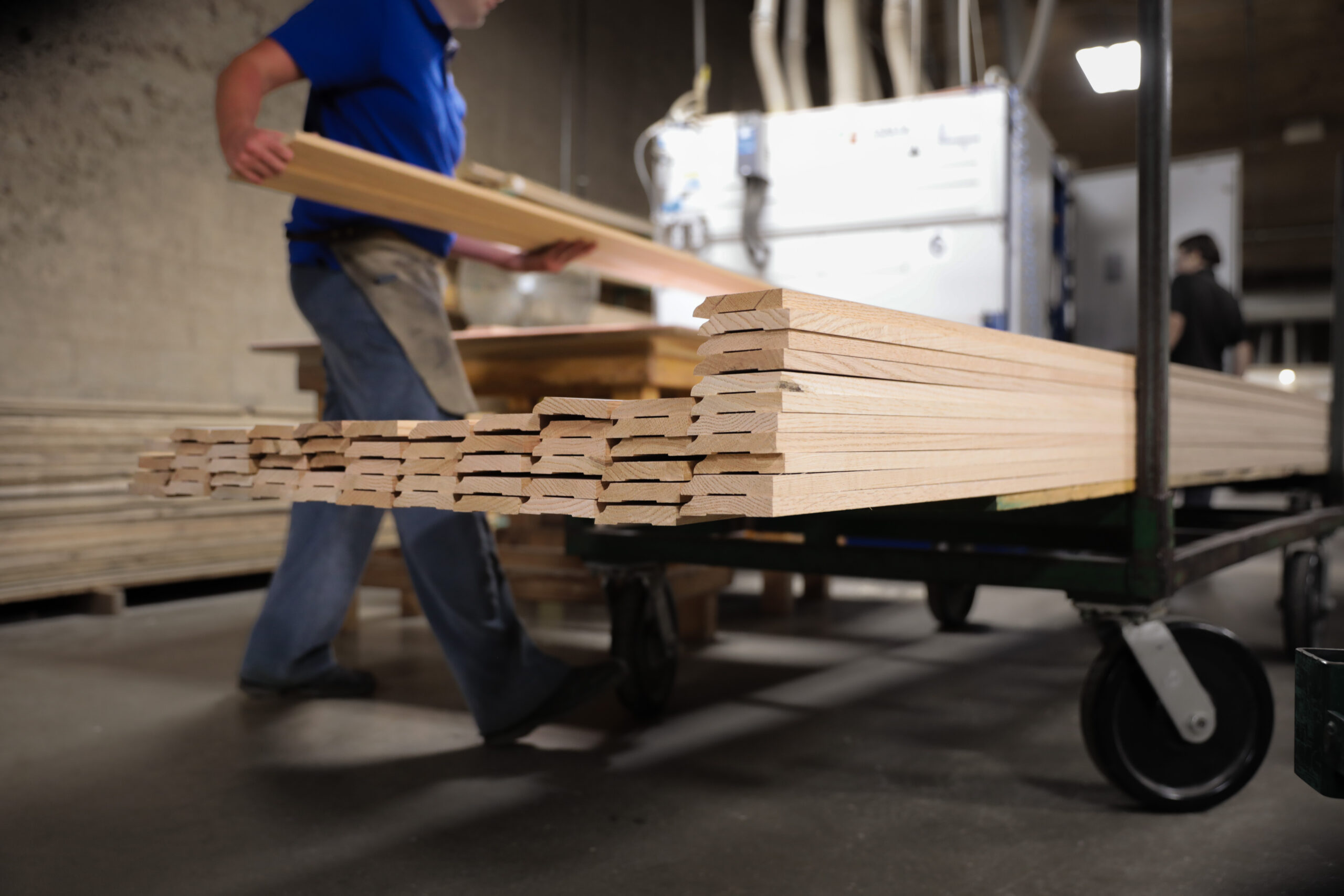
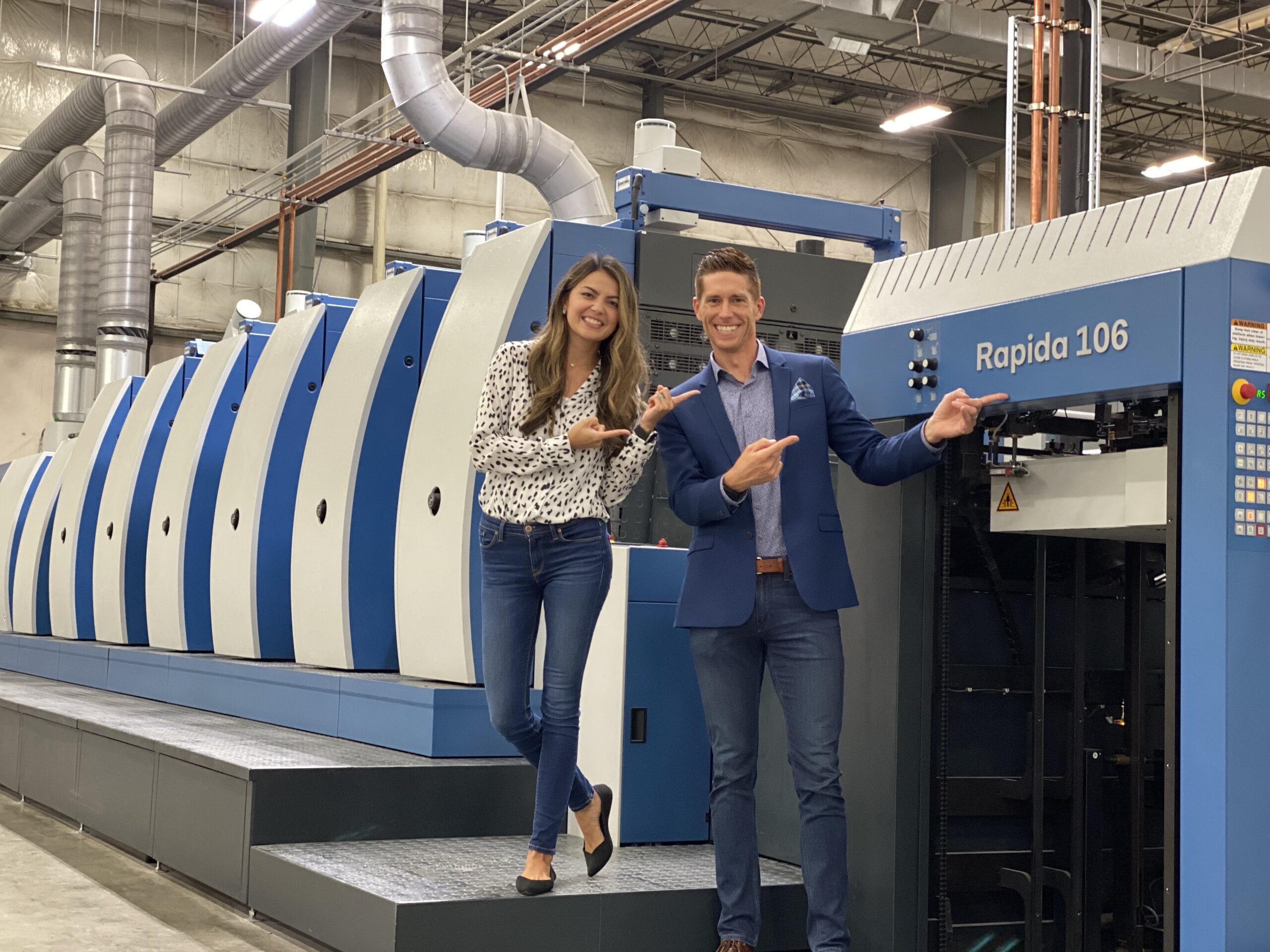
Leveraging Relationships for Competitive Advantage
- Scott Evans
- Kenmore Envelope Company, Inc.
In our industry – the envelope manufacturing industry – the landscape is composed largely of smaller private and family-owned businesses across the country amongst a few very large, national, public companies against whom we all compete. Kenmore Envelope Company, Inc., of which I serve as President & CEO, is in the smaller, privately held group, and contrary to what one might think, this has afforded us a few significant advantages. The main one is the community of like-minded friends and competitors who support and learn from one another in a wonderful, cooperative way.
Before becoming CEO in 2019, I served as Vice President of Sales at Kenmore for 15 years. As a result, I have been a part of the Envelope Manufacturers Association (EMA) for years, which is an organization built on the idea of working together to strengthen the industry. There are about 50 members and 29 associate member companies in total, and the EMA conferences in the fall and spring provide the perfect platform for relationships within the industry to flourish. Over the years, I have not only gotten to know some of the other members of the EMA, but they have also become close friends. It quickly became about more than just business; it was about friendship and supporting each other to keep the mail industry alive, even in the face of larger conglomerates.
Thanks to these trusted friendships, we have developed a habit of consulting each other when we need advice and we even visit each other’s facilities to get new ideas or to explore how a potential new initiative – a new machine, a new product – might look at our own company. A lot of people’s initial reaction to this is surprise; aren’t they competitors, they wonder? Aren’t you worried about giving away your best ideas? The answer is no, and here is why.
Part of the reason this is rarely a competitive issue is that most of us have a specific niche. At Kenmore, for example, we focus on higher end, smaller run sizes. When I say smaller, I mean about a million and down. While we do full graphics, embellished products, another shop might do longer run, less graphics, and much higher run sizes. They’re way more competitive at two, three, four, five million envelopes, with more of a plain style job. In many cases, not only are we not competing against each other, but we are referring each other work. Other envelope companies will send me work that really fits our niche and I’ll send work to them that fits their niche. Whether we say it out loud or not, I think we all agree that we would rather take a job that we can’t run ourselves, mark it up a little bit, and send it to, say, Worcester, than have someone else do the work. We look out for each other.
Occasionally we do compete directly against some of the peers with whom we have this kind of relationship, but that’s just part of the way it works. We win some of those jobs, they win some, and we all keep thriving. Let me give you some examples of what this cooperation looks like.
One of my closest friends in the industry is Derek, who runs Worcester Envelope Company in Massachusetts. Our friendship goes beyond business; we often visit each other’s facilities, share best practices, and explore ways to make each other better, and our families are friends as well. We have a mutual respect for the unique strengths of our companies.
On a visit to Worcester a few years ago, I was introduced to Esko’s WebCenter, a tool that streamlines proofing and communication. It was the kind of front-end automation I had been looking for and I was excited to give it a try. We asked the team at Worcester a lot of questions about their experience: what were the challenges of the process? What limitations have you encountered? What do we need to know to help us start more efficiently? We adopted it, and it ended up being a game-changer for us at Kenmore; it has improved efficiency and client service.
Conversely, we had made investments in automation and digital printing that intrigued some of my peers. They came to visit us, and during their visits, they absorbed ideas about what worked and what didn’t, accelerating their own growth in return.
These visits to our industry peers, which happen at least once a year, have inspired us to explore new horizons as well. Inspired by friends in the industry, for example, we have been delving into the possibility of adding folding carton production to Kenmore’s capabilities. For a long time, we referred this kind of work out, then we started simply outsourcing it, and now, thanks to what we’ve seen in some other shops, we are considering adding this capability to what we can do in house.
The knowledge sharing doesn’t stop at envelope production; it is also about understanding the broader landscape of print manufacturing. It has even affected how we think about growth. I have watched some of my peers acquire small shops, of 10 or 20 people, and tuck them into their operations. Most of these acquired shops have slightly different capabilities, so adding them means adding something else they can offer to their clients. After visits where we see things like this, our mindset shifts. We see what some of these other shops can do and we change how we think about possible growth opportunities. Our peers who have done this now have multiple specialties, not just one. Maybe we could do that?
The collaboration we enjoy does have boundaries. We don’t have this relationship with every member of the EMA. Over time, I developed a trusted network of friends, but some envelope companies remain outside the circle. We enjoy this collaborative relationship with four to six other independent companies. Our visits and thought partnership are a two-way street, and the intention is always to give as much as we receive. This reciprocal arrangement fosters goodwill and ensures that everyone benefits.
The landscape of our industry is changing. Although it’s far worse in some industries, larger corporations and private equity firms are acquiring smaller envelope manufacturers. So far, in large part thanks to our network, our independent businesses remain resilient. We can offer a personal touch, the sharing of ideas, and a willingness to help each other thrive. Outside of being a member of Tugboat Institute®, I don’t have this kind of relationship anywhere but with this group of friends. It’s at the core of our strength.
More Articles and Videos
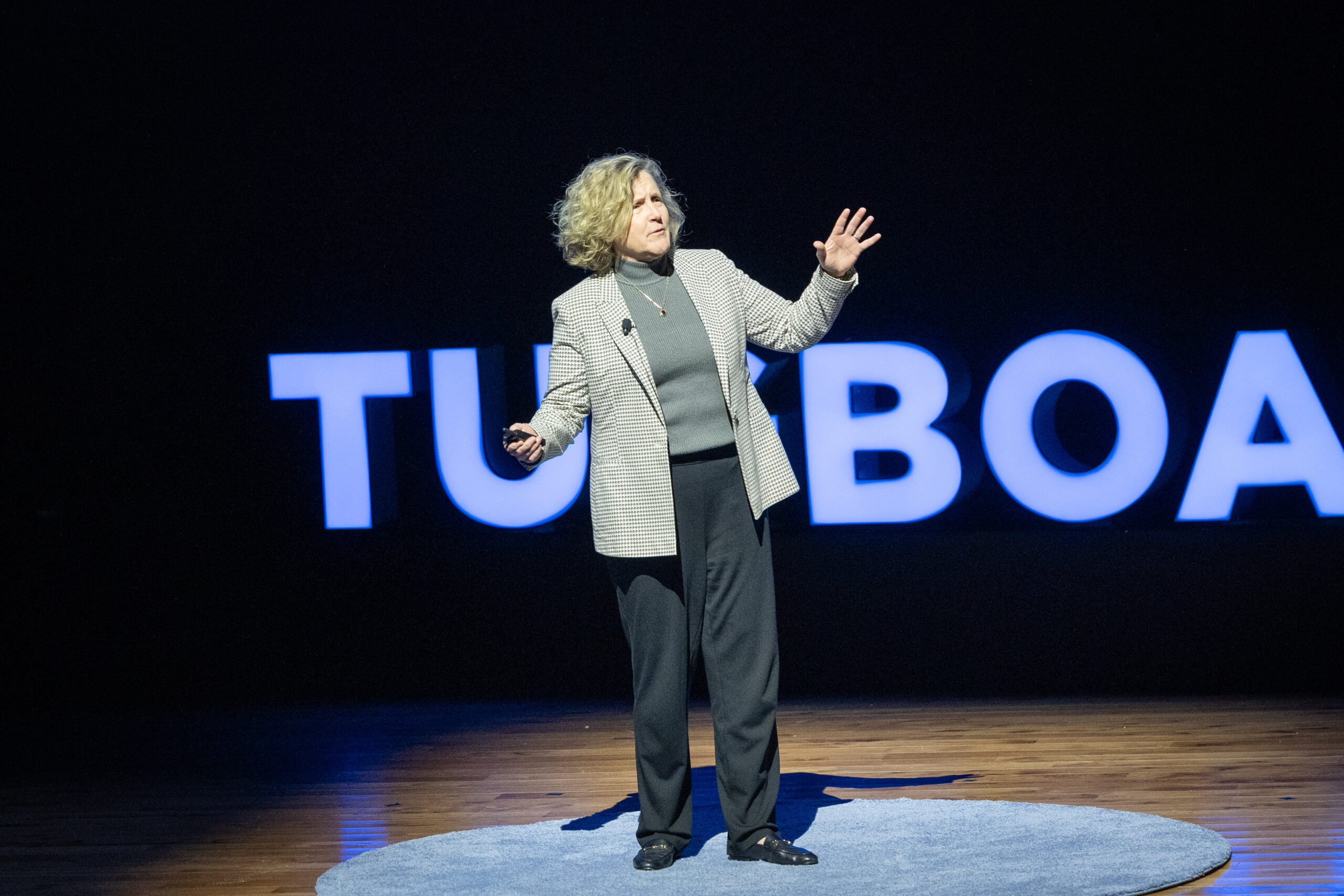
Both/And Thinking: Harnessing the Positive Potential of Tensions
- Marianne Lewis
- Carl L. Linder College of Business, University of Cincinnati
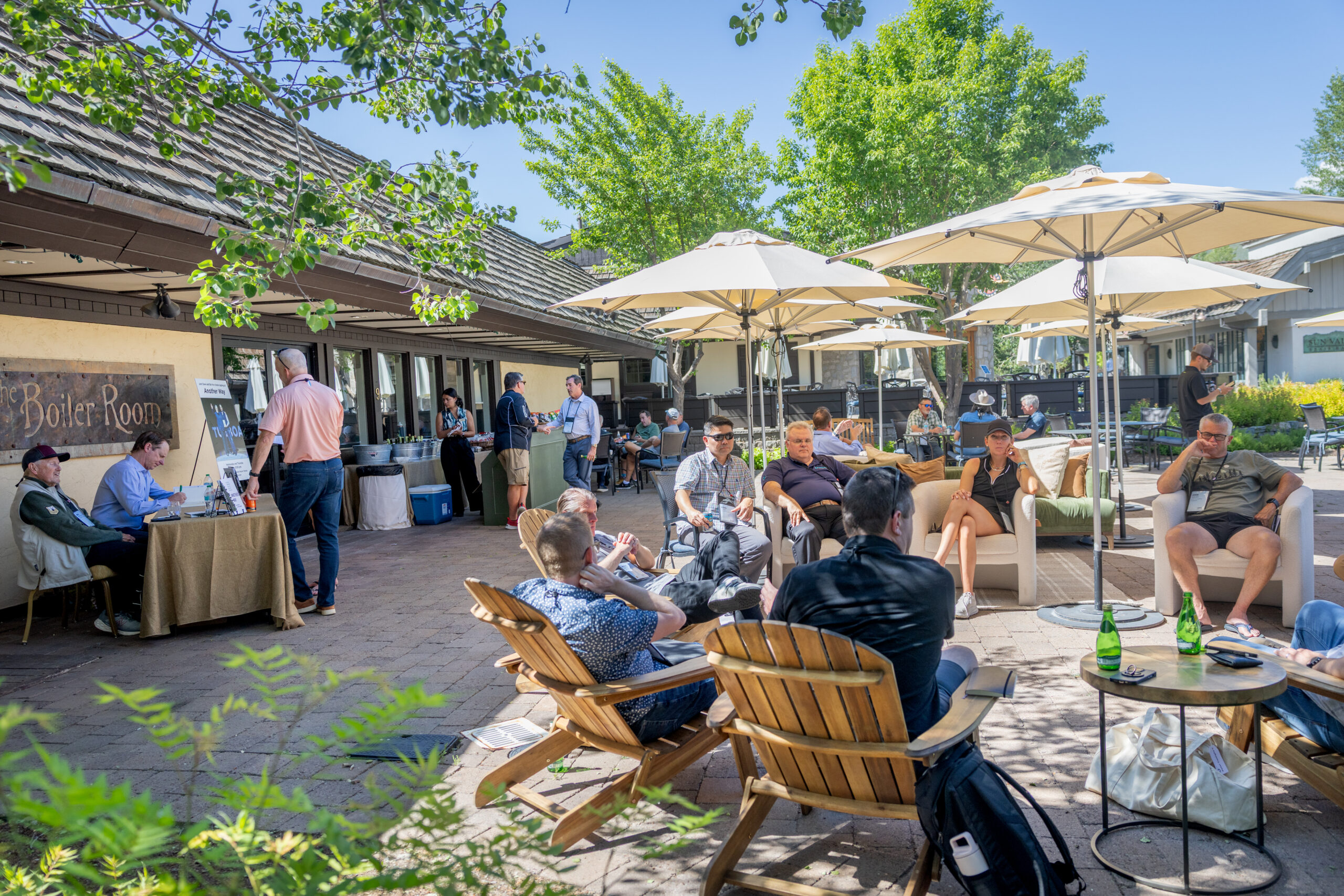
Leading Through Uncertainty – Tugboat Institute® Summit 2025
- Jackie Hawkins
- Tugboat Institute

Get Evergreen insight and wisdom delivered to your inbox every week
By signing up, you understand and agree that we will store, process and manage your personal information according to our Privacy Policy
